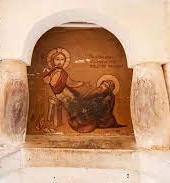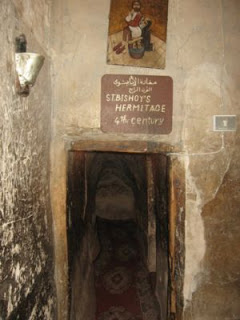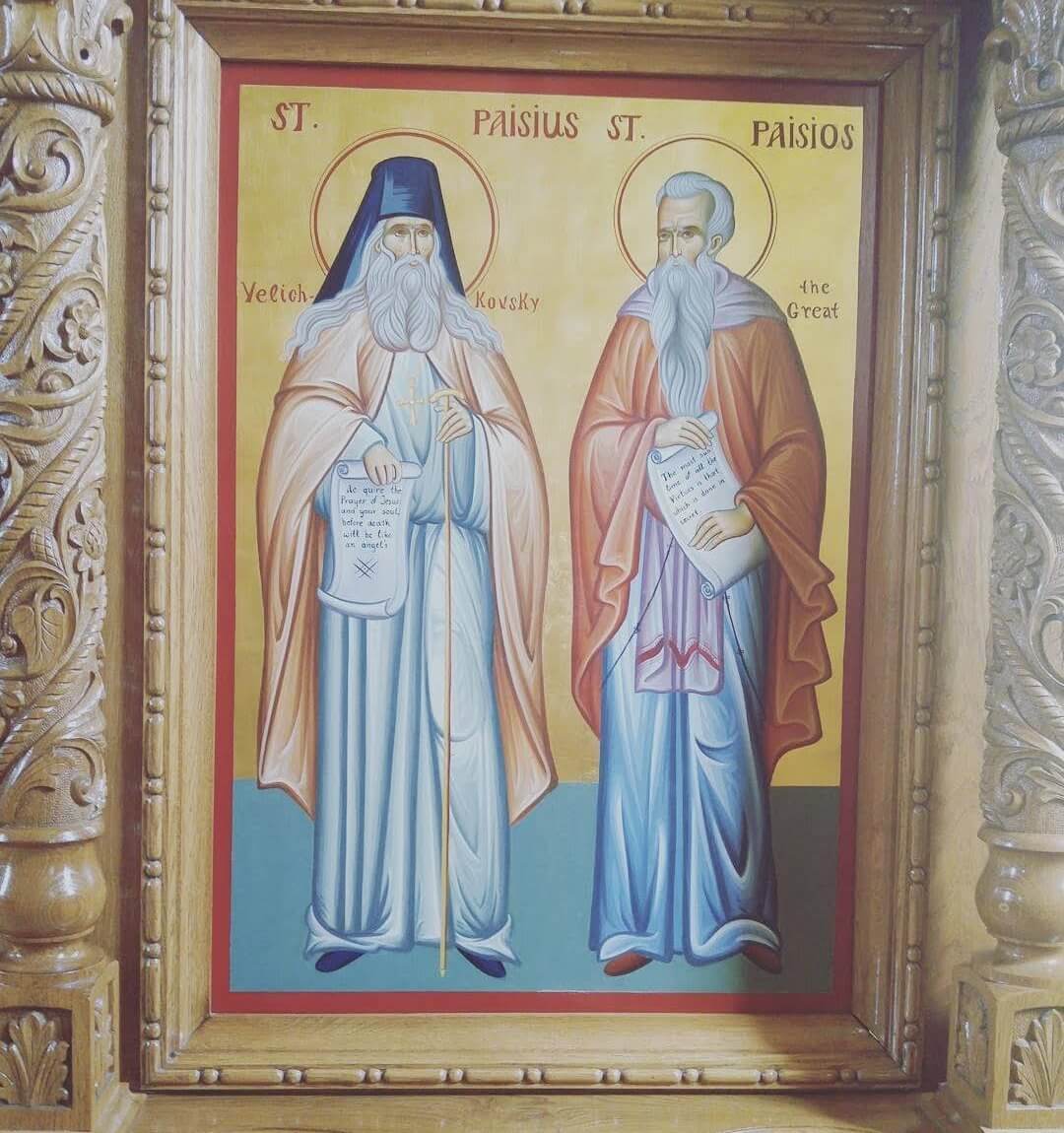Feast Day: June 19th
The Life of Saint Paisios: Saint Paisios replied: “I have a Trinity, and everything I do is like the Trinity.”…
+

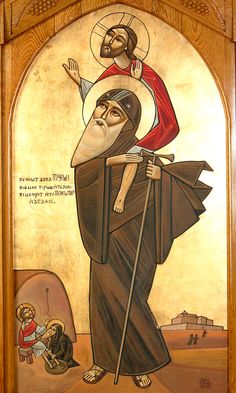
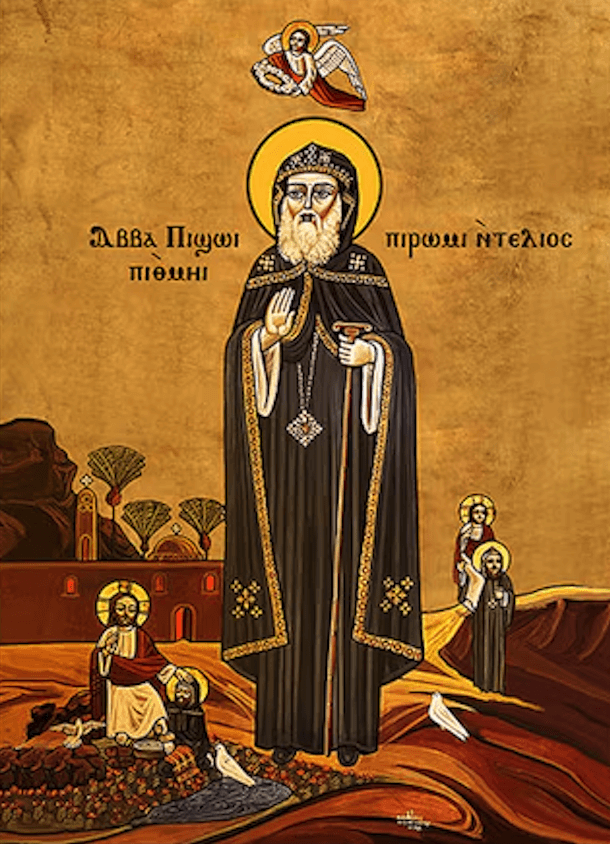



Prayers
Apolytikion: The sublime Monk and incarnate Angel, the bodiless man and citizen of Heaven, grants Grace to all who honour him, as today he celebrates with us. Let us fervently ascribe Glory to Him.
Kontakion: Let us the faithful sing praises to Divinely-wise Paisios, the desert’s adornment, equal-to-the-Angels, Christ’s friend and the glory of Monks. Let us cry to him: Rejoice, O Father Paisios.
+
A Prayer by Saint Paisios the Great: O Lord, Jesus Christ my God, forsake me not. O Lord, do not stand afar off from me. O Lord, stretch out to me a helping hand. O Lord, support me with the fear of You. O Lord, plant this fear and the love for You in my heart. O Lord, teach me to do Your Will. Amen.
Saint Paisios the Great was the youngest of six brothers, and he was weak and frail. His parents were Christians who were very generous in giving alms to the needy. When the father of Saint Paisios reposed, his mother saw an Angel in a vision saying to her:
“The Lord says to you, give Me one of your children to serve Me.” She answered: “Lord, take whoever you want.” The Angel took the hand of Paisios, who was thin and his body was frail. His mother told the Angel, “My Lord, take one who is strong to serve the Lord.” “This is whom the Lord has chosen,” the Angel replied.
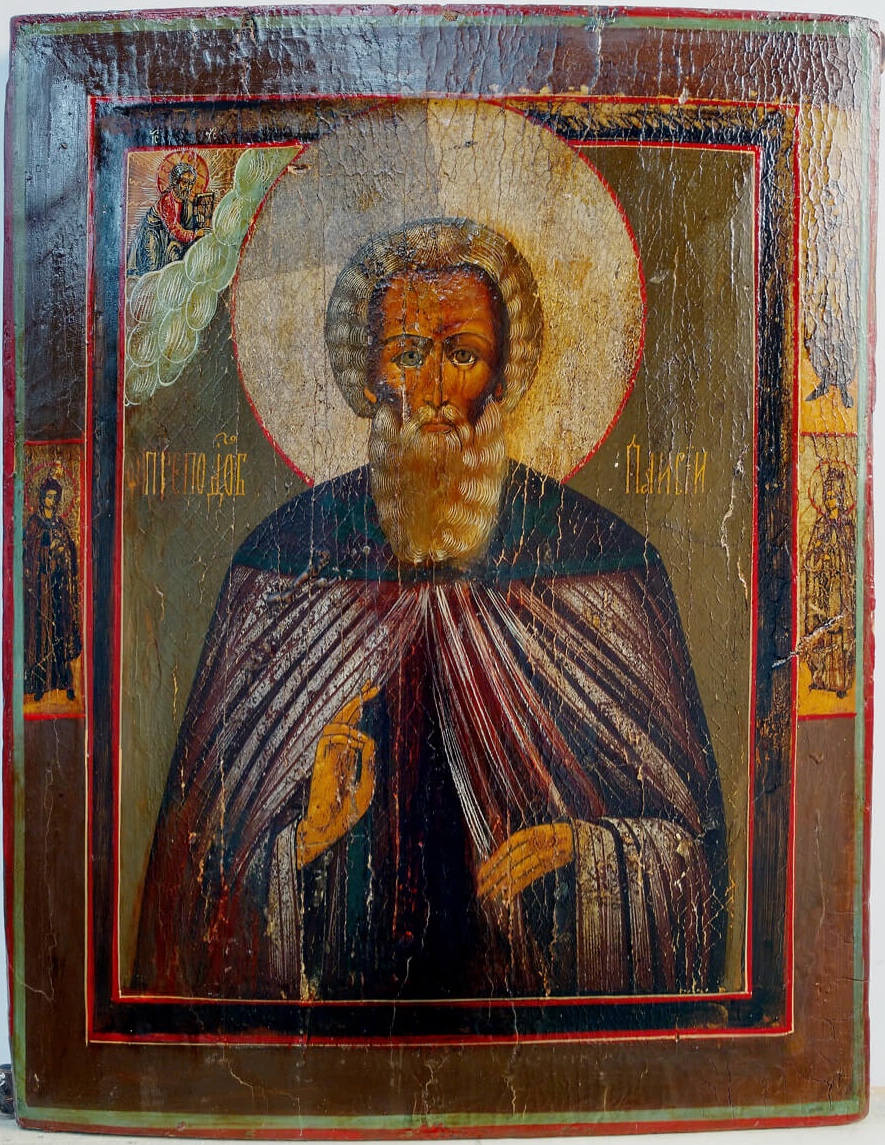


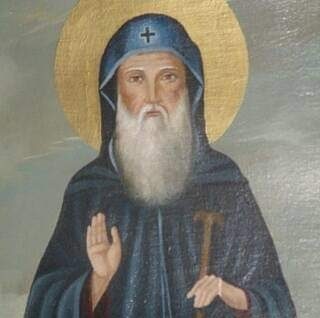

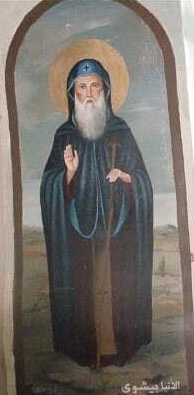
+
When he was twenty years old, Saint Paisios became a Monk, living under the Spiritual Guidance of Saint Pambo, in humility and obedience, also there was Saint John the Short.
The Elder said that a new Monk in particular needs to preserve his sight, in order to guard his senses from temptation. Saint Paisios, heeding the instruction, went for three years with his eyes cast downwards. He also came to understand the great value of fasting for the Spiritual life. At first he did not eat any food for a week, then two weeks. Sometimes, after partaking of the Holy Mysteries of Christ, he survived without food for seventy days.
After a long separation from his companion Paisios, John the Dwarf visited him. Each asked the other what virtue he had attained in the time they were apart. Paisios said: ‘The sun has never seen me eat.’ John the Dwarf said: ‘And it has never seen me angry.’

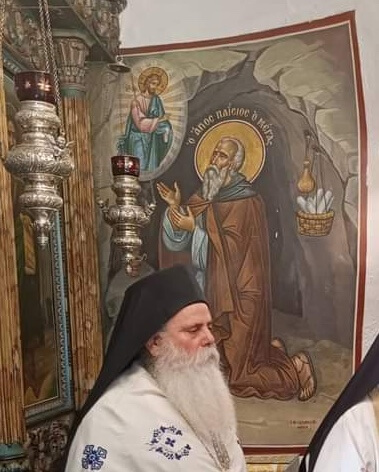

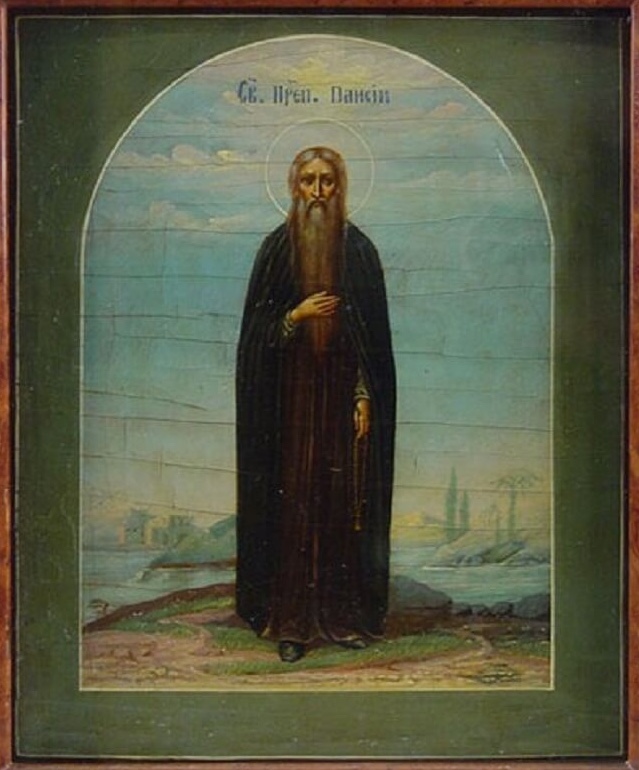
+
When his Elder Saint Pambo reposed, Saint Paisios wanted to live in solitude, so he carved out a cave by his own hands, and lived in there, this was in the Nitrian desert.
Our Lord revealed in a vision to Saint Paisios that through his labours the Nitrian wilderness would become inhabited by Ascetics. He asked the Lord where the Monks would obtain the necessities of life in the desert. The Lord said that if they would fulfill all His Commandments, He Himself would provide all their necessities, and would deliver them from demonic temptations and cunning.
Saint Paisios’ Asceticism was harsh to the extent of tying his hair and hands with a rope to the ceiling of his Cell, in order to resist sleeping during his night Prayers. This Asceticism made him so famous that he was visited by Saint Ephraim the Syrian.
Saint Paisios established a Monastery there and his most important rule was that no one would do anything by his own will, but in all things would fulfill the will of his Elders.
+
Saint Paisios saw Our Lord many times. One time, an old Monk asked Saint Paisios to help him climb a mountain, so Saint Paisios carried him on his shoulders and climbed, only to discover that the old Monk was the Lord Himself. Then Our Lord told Saint Paisios that for the extent of his love, his body will not see corruption.



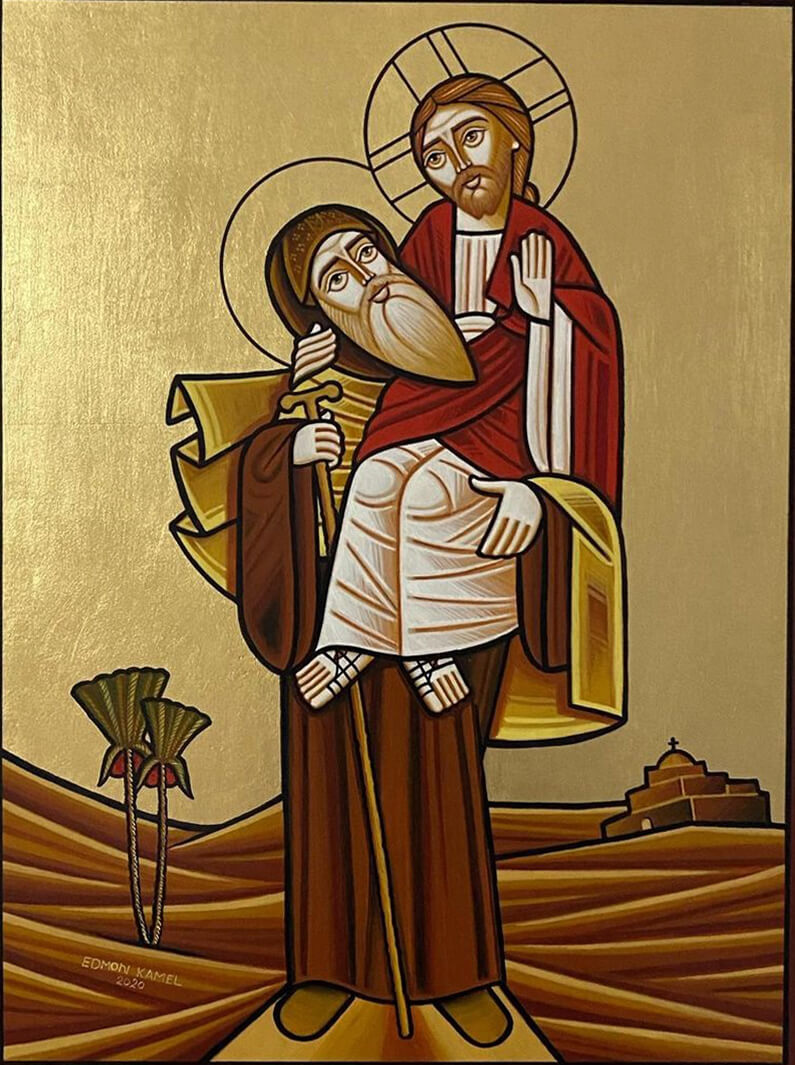
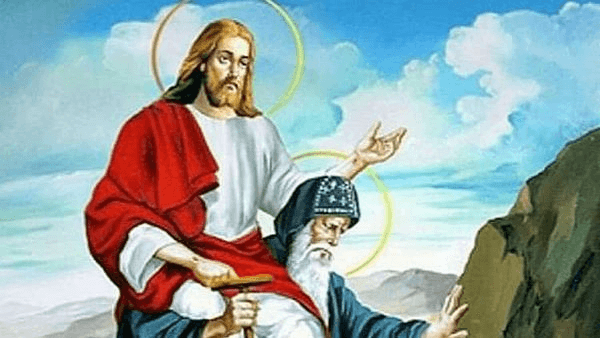
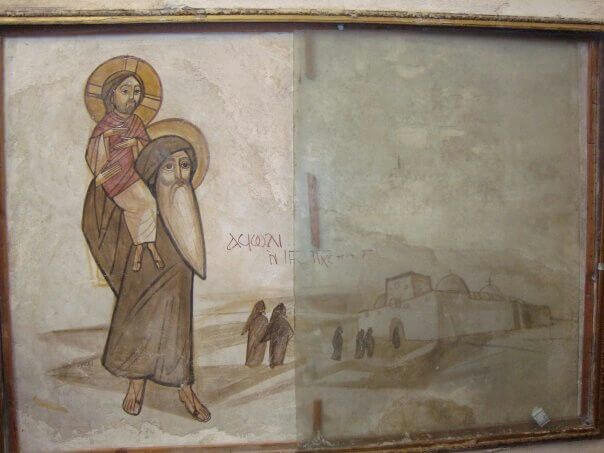
+
Saint Paisios also saw Our Lord at his Monastery. When Saint Paisios’s brethren learned that Jesus was coming, they gathered so that they might see Him. Earlier, there had been an old man that asked these Monks to help him on his way but they ignored him. When Saint Paisios saw the old man, he helped him back to his room. He customarily washed the old mans feet. The old man then appeared to him as Our Lord Jesus Christ.

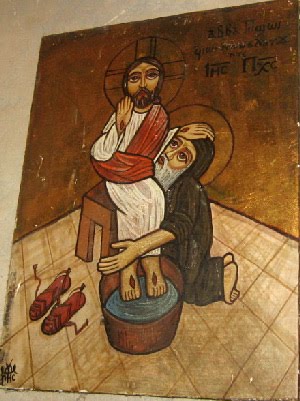
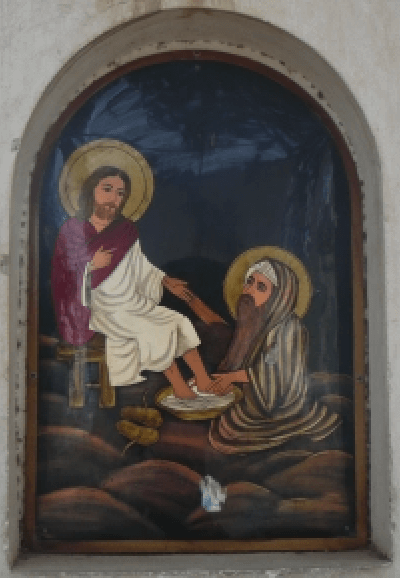


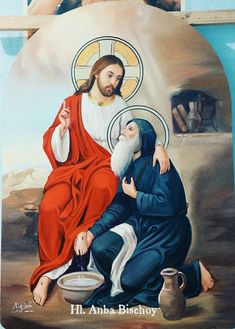
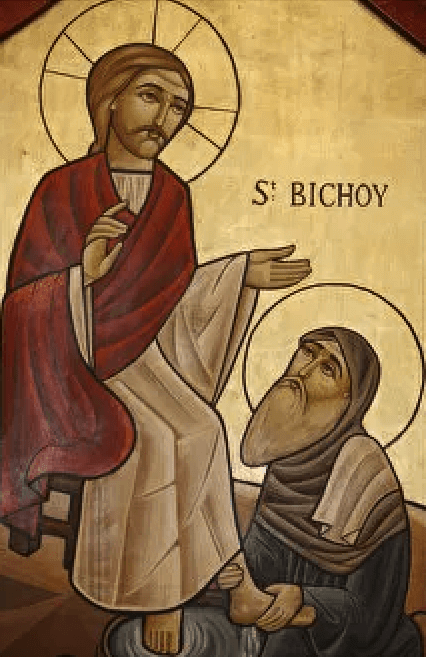
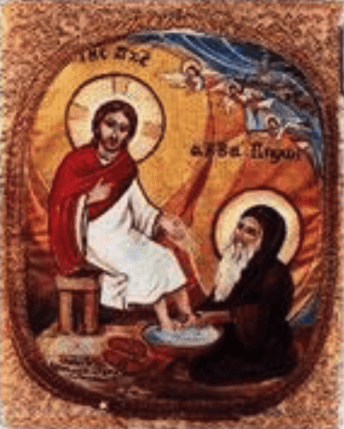
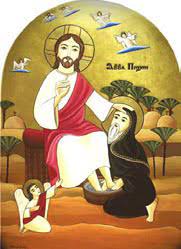


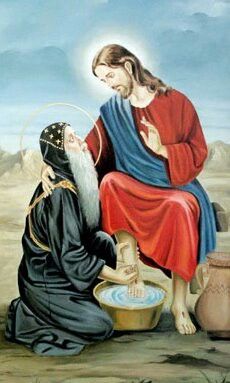
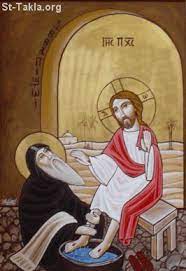

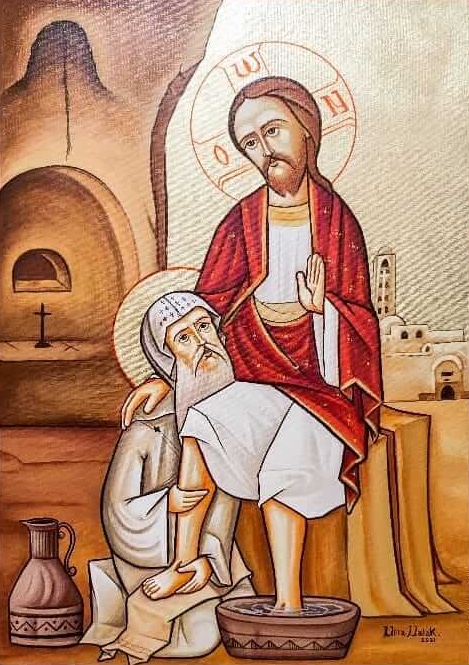
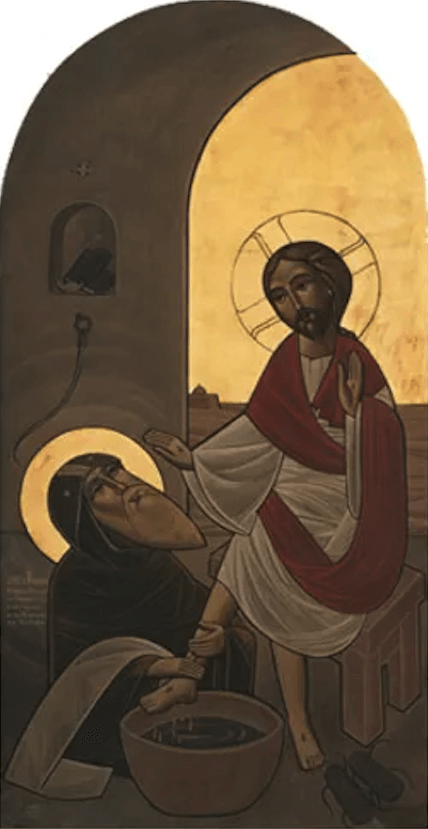
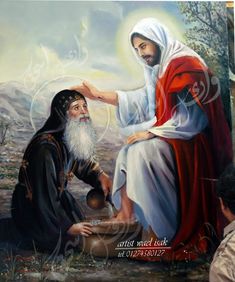

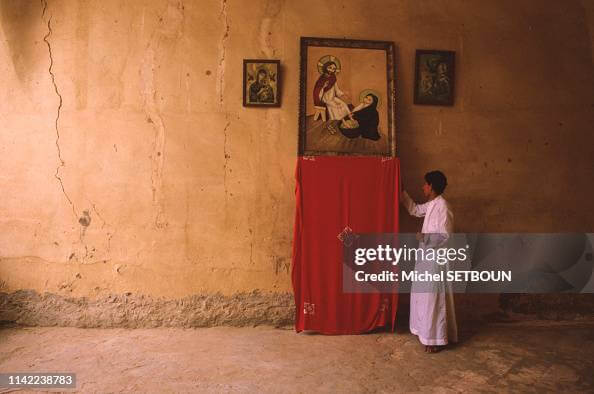

+
The Prophet Jeremiah visited Saint Paisios in a vision.
+
The Vision of Saint Constantine the Great by Saint Paisios the Great.
Therefore (says the righteous John), desiring to see myself as I was able, his special Theoria, and to taste of Divine Grace, I went to him [Saint Paisios], and before I knocked on the door of his cell, I heard him speaking with another man. I was reluctant to knock, so I waited outside. The little sound I made, however, was heard by the precious Father, and he came outside. He saw me, and was filled with joy and embraced me, and I him. He took me into his Cell, where I didn’t see anyone else. I was puzzled, and I wondered: who was in here previously and was talking with the Righteous Elder a short time before? And I looked around and saw no one.
The Elder asked me: “Why are you looking here and there in bewilderment, as if you were looking at something strange?”
I replied: “Indeed I see something strange, and I don’t know what to think, for a short time ago, I heard the voice of another man who was speaking with you, and now I don’t see anyone else. What should I think? I beseech your Holiness to reveal to me this strange mystery.
The divine Father told me: “O John, God wishes to reveal to you a strange Mystery today, and I must reveal to you the love which the Giver-of-Good-things has for us. He whom you heard speaking with me, my perfect friend, was Constantine the Great, the first King of the Christians, who descended from Heaven, being sent by God, and told me: ‘Blessed are you who have been made worthy of the Monastic life, for truly unique is the Godly Blessing of the Saviour towards you.’
“I asked him: And who are you, my lord, who are saying these things, and magnifying us Monks? He replied: ‘I am Constantine the Great, and I descended from the Heavens, that I might reveal to you the Glory which Monks receive in the Heavens, and the closeness and boldness which they have towards Christ. And I magnify you, O Paisios, for you guide them in this Holy path of Asceticism. I therefore blame and condemn myself, for not being granted this greatest rank of the Monastics, and I cannot bear the loss which I experienced.’
“And again I said: ‘Why, O wondrous one, do you judge yourself? Have you not received that Eternal Glory, and Divine Illumination?’ He replied to me: ‘Yes, I have received them, but I do not have that boldness of the Monks, neither Glory equal to theirs, for I saw the Souls of some Monks who had been separated from the body, and flew as eagles, and with great daring rise to the Heavens. And the rank of demons did not dare approach them at all. Then I saw that the gates of Heaven were opened for them, and they entered in, and appeared before the Heavenly King, standing with great boldness before the Throne of God. For this reason, therefore, I am amazed by you Monks, and I bless you, and I condemn myself for not being made worthy of boldness life this. For I wish that I could have left my passing kingdom, and the royal robe and crown, and to become poor, and to wear sackcloth, and to accept all those things that the Monastic life seeks.’
“Again I said to him: ‘You say this well, O most-holy king, and you console us with these words. However, this must be the judgment of our God, and and we are unable to say anything different regarding Divine Righteousness. For the Righteous Judge grants to each according to his worth in righteousness, and rewards for the works of everyone, for your unique life did not have the same struggles as the life of Monks, for you had a wife to help you, and your children, and your servants, and different rewards and comforts. For the Monks, disdaining all of the joys of this present life, receive God, instead of the good things of the World. And bearing Him with joy, and special richess, and to be made pleasing to Him, they consider Him their food, and their great reward. And they are, according to the Apostle, ‘destitute, afflicted, ill-treated’. Therefore it is impossible, my king, for you to be equal to them.
“And at that point, therefore, you came, O my brother John, and [Saint Constantine] straightaway ascended to the Heavens. Therefore, now having learned this Mystery that has occurred, how good must the pains of Asceticism seem. Strengthen the brothers.” – Source
+
Saint Paisios then withdrew for more solitude in a cave further away. One time he was transported to a Monastery in Paradise where he partook of the Immaterial Divine Food. Following his great Ascetic labours, the Lord granted His Saint the gift of foreknowledge and healing the Souls of men.
One of his disciples, with the Saint’s blessing, went to sell his handicrafts in Egypt. On the way he encountered a Jew, who told the simple-minded Monk that Christ the Saviour is not the Messiah, and that another Messiah will come. Confused, the Monk said, “Maybe what you say is true,” but he did not attribute any particular significance to his words. When he returned, he saw that Abba Paisios would not acknowledge his arrival, and he asked the reason for his anger. The Saint said, “My disciple was a Christian. You are not a Christian, for the grace of Baptism has departed from you.” The Monk repented with tears, and begged to have his sin forgiven. Only then did the Holy Elder pray and ask the Lord to forgive the Monk.
Having heard of an Ascetic in the mountain of Ansena who taught that there was no Holy Spirit, Saint Paisios went to him carrying a weaved basket with three ears. When the old man asked him about the reason for making three ears for a basket, Saint Paisios replied: “I have a Trinity, and everything I do is like the Trinity.” After much debate from the Scriptures, the Old and New Testaments, the old Ascetic reverted to Orthodoxy.
A certain Monk on his own initiative left the desert and moved near a city. There he had encounters with a woman, who hated and blasphemed Christ the Saviour. Under her influence, he not only left the monastery, but also scorned faith in Christ, and finally he reached a state of total disbelief. Once, through the blessed Providence of God, Nitrian monks came by his cell. Seeing them, the sinner remembered his own former life and he asked the monks to ask Saint Paisios to pray for him to the Lord. On hearing the request, the Saint prayed fervently, and his prayer was heard. The Lord, appearing to His Saint, promised to forgive the sinner. Soon the seduced monk’s woman companion died, and he returned to the desert where, weeping and distressed for his sins, he began to labor at deeds of repentance.
When the Monks asked which virtue is the highest of all, the Saint replied, “Those which are done in secret, and about which no one knows.”



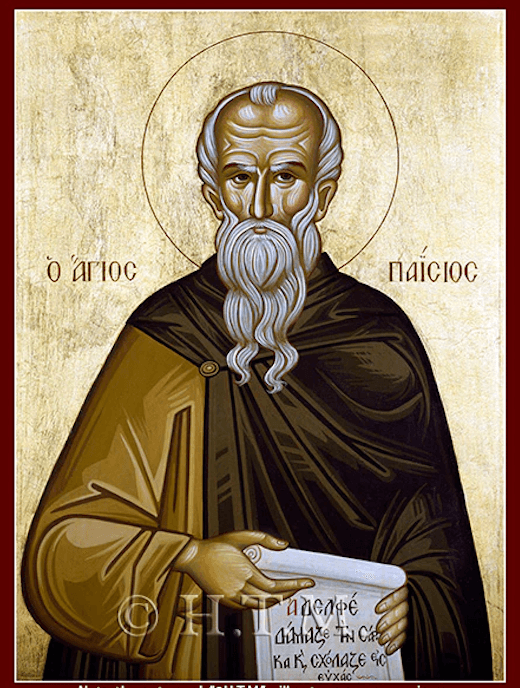
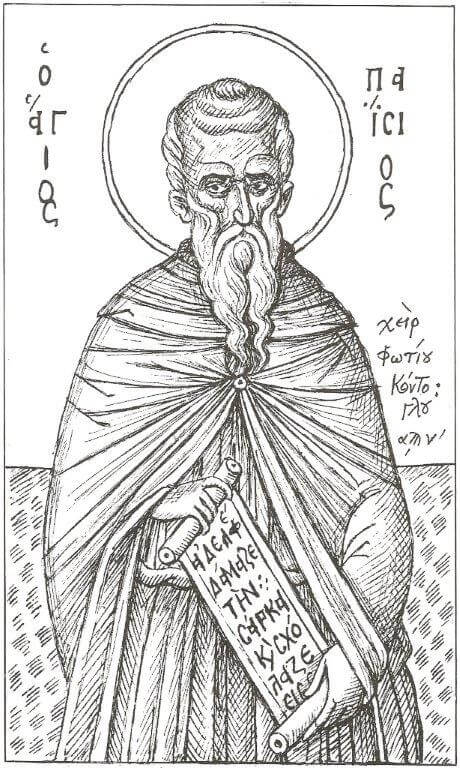

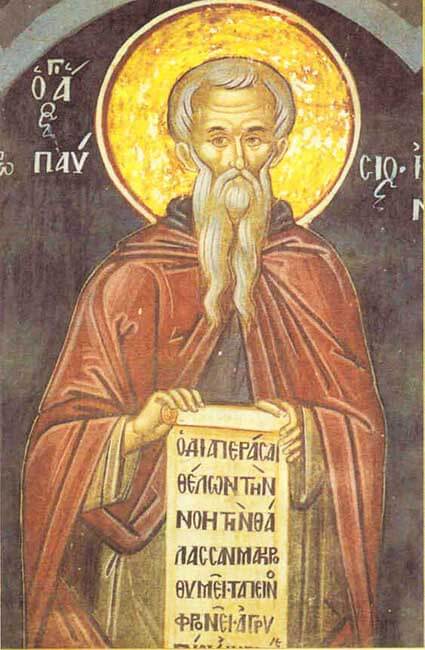
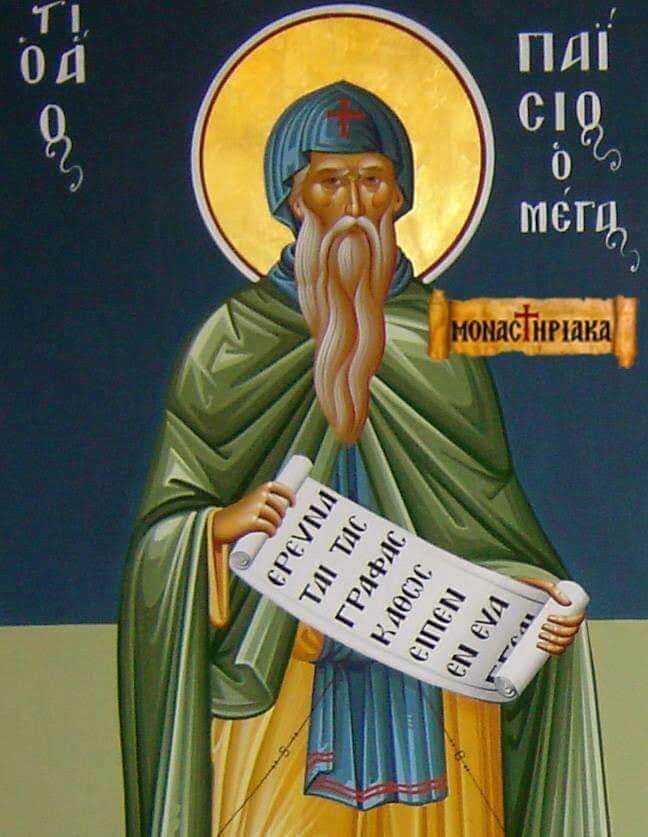
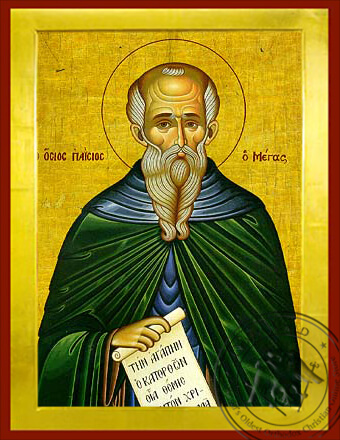
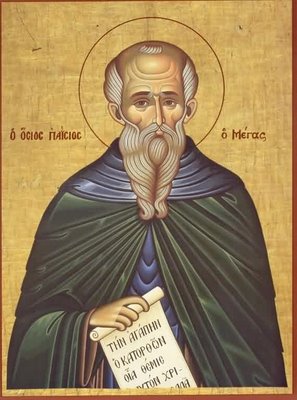
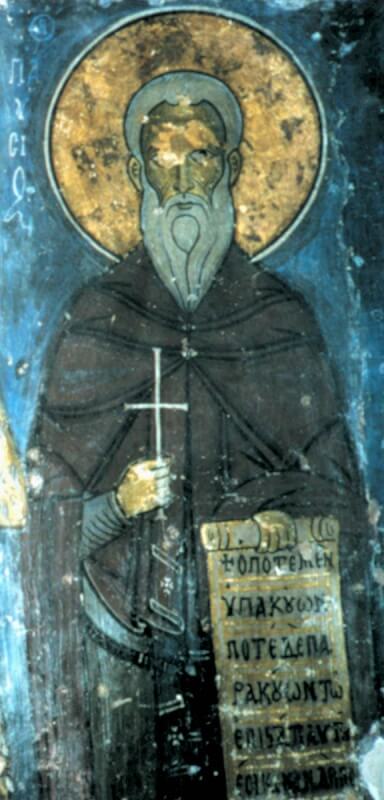

+
Saint Paisios Reposed in 417, and he was buried by the Monks, his body remains incorrupt.
An Icon



